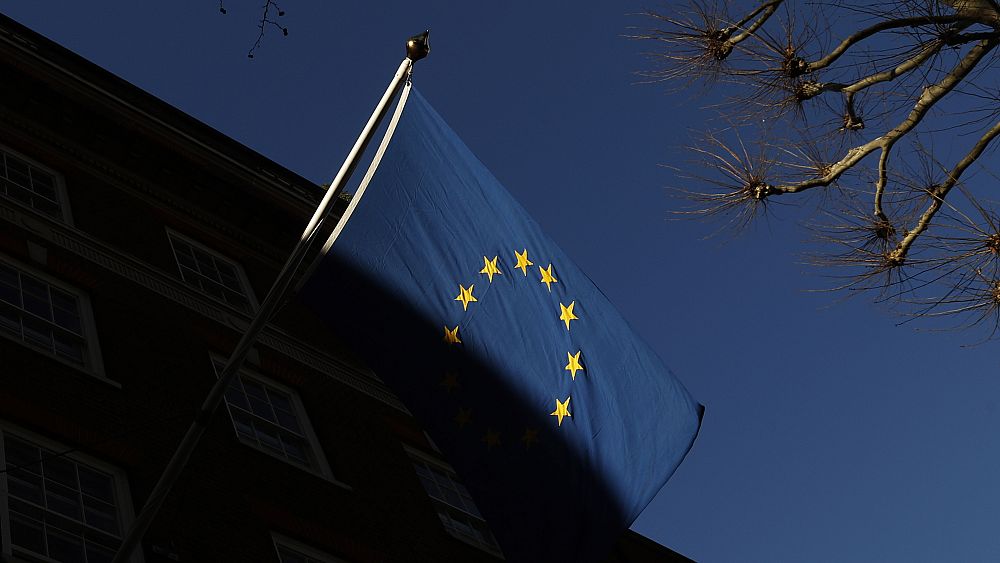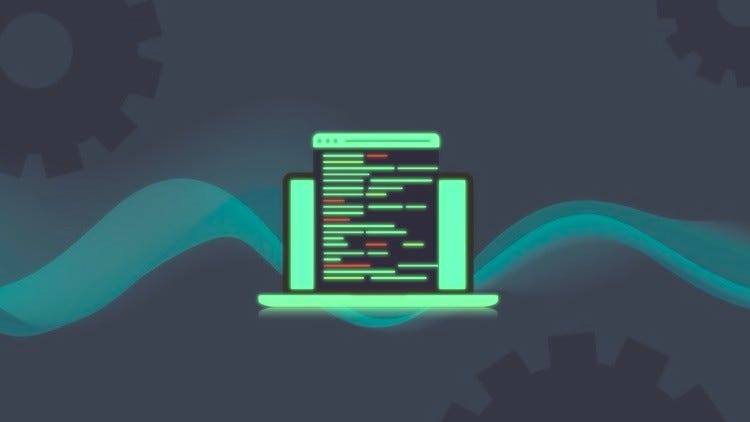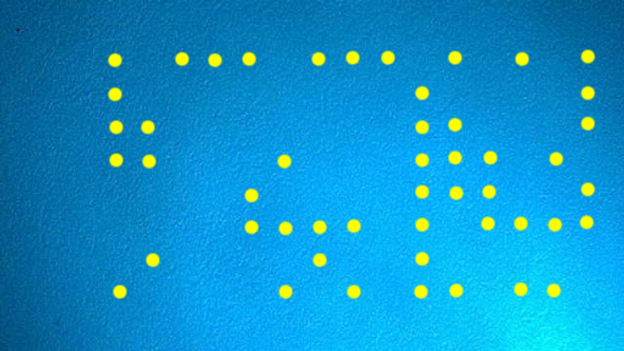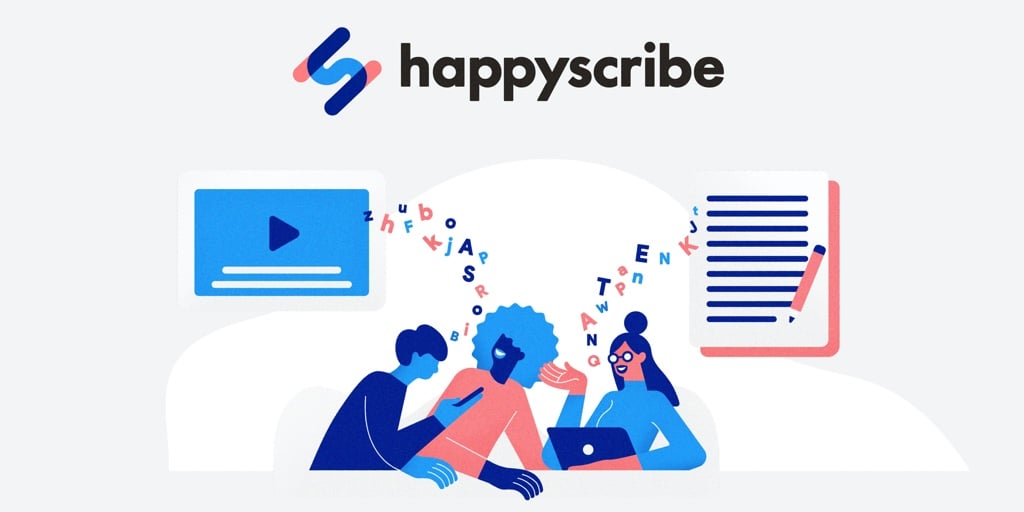
Scraping public pages is legal in the US (2024)
Disclaimer: SerpApi, including any of its employees or contractors, does not provide legal advice. The content of this blog post is for informational purposes only and should not be considered as legal counsel. For specific legal issues, consult with a qualified attorney.
The legality of web scraping in the US has been the source of stress and confusion for many people or companies that could use web scraping to their advantage. While the United States doesn’t have clear laws surrounding the subject or a defining line describing the legality of web scrapers, we can use court cases and the precedents they set, as a guide. There are ways to legally and ethically navigate the world of web scraping, and looking at the most important statutes and cases concerning the subject is the perfect place to start.
The CFAA is oftentimes the culprit when it comes to web scraping cases. It seems to be the first law that the defendant allegedly violates. We will discuss it in relation to these cases. The CFAA was adopted in 1986 to address hacking. It discusses the idea of authorized vs unauthorized access to a protected computer or computer system. The CFAA makes knowingly accessing and obtaining information from a computer without authorization or by “exceeding authorized access” a criminal offense. However, the main problem with the CFAA is that these terms were not defined within the scope of the statute itself. Therefore, the interpretation of the CFAA now relies on precedent set by the Supreme Court, namely in Van Buren v. The United States (referenced later in this blog post.)


/cloudfront-us-east-2.images.arcpublishing.com/reuters/LUKPFIH5S5JKBMJFDLHCRXEDRE.jpg)
/cloudfront-us-east-2.images.arcpublishing.com/reuters/F6VSI5T5PVNZ3MPS5UVJA5U5IU.jpg)










%20(1).png)






